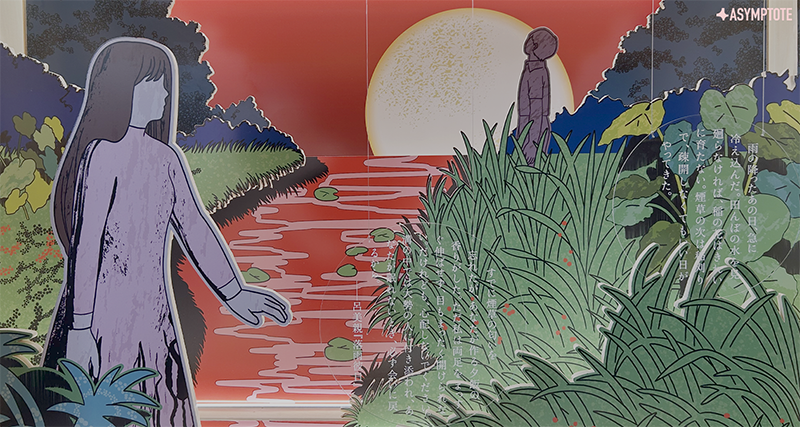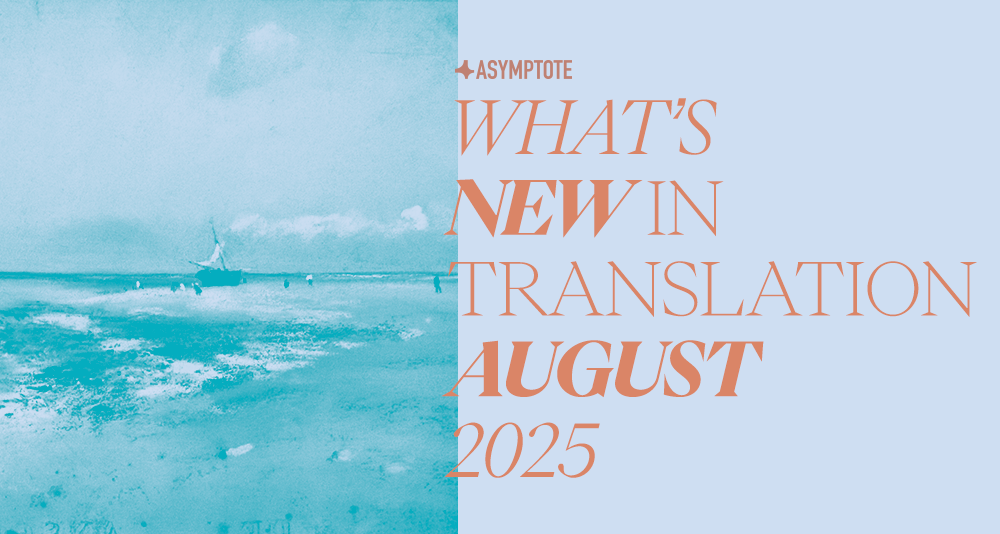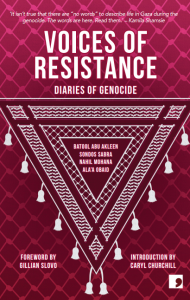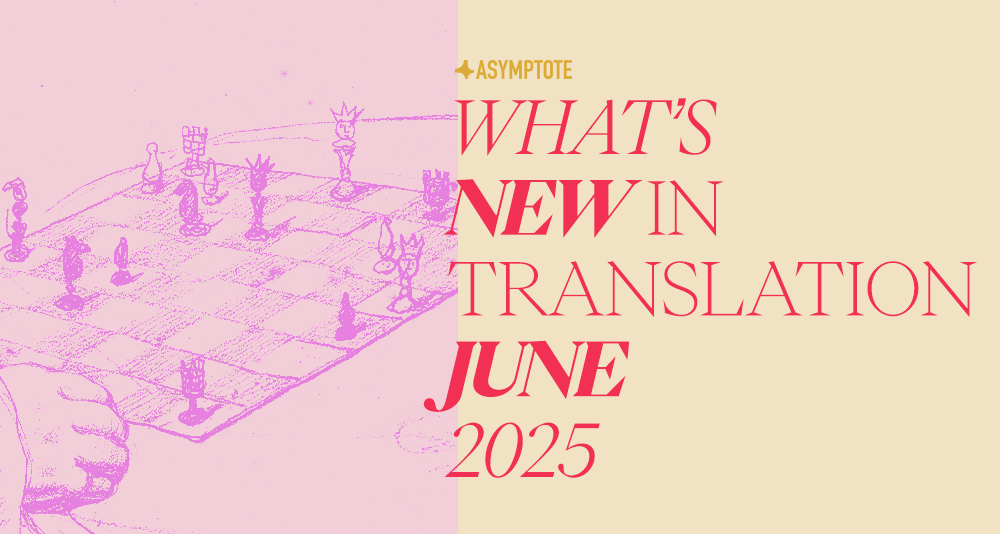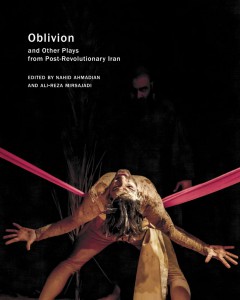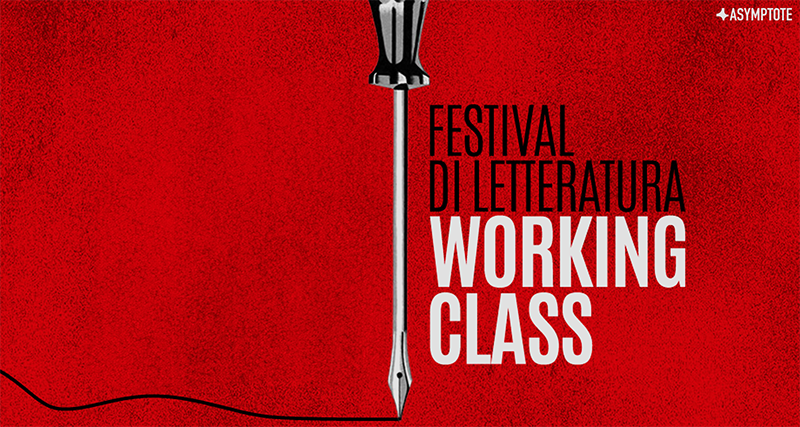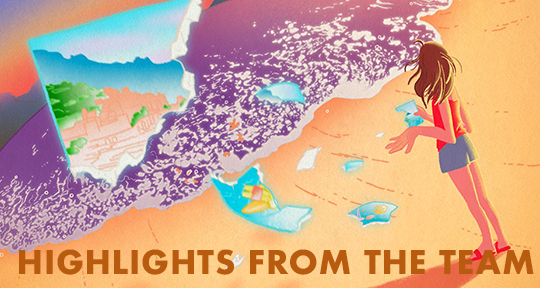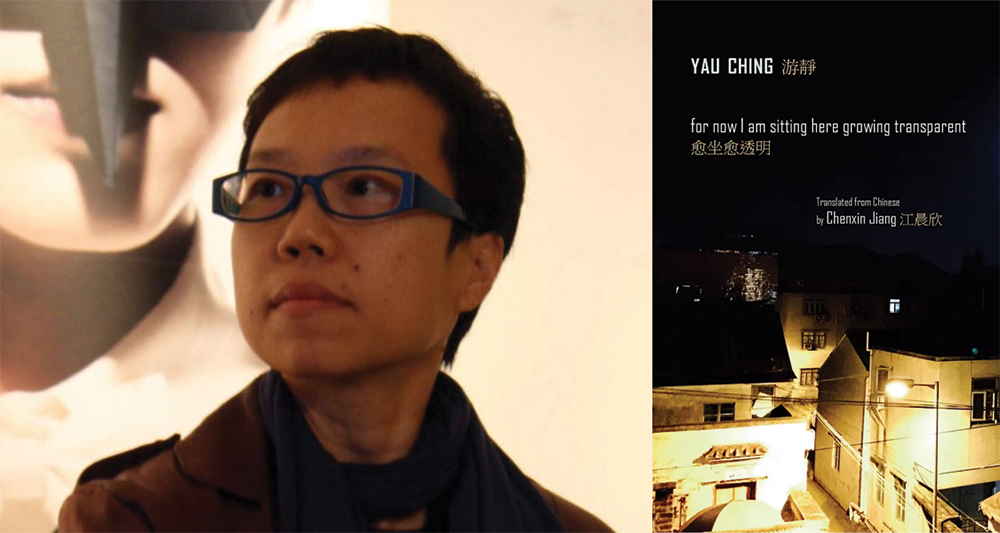From August 10 to 20, Osaka hosted “Magical Taiwan,” an exhibit featuring the breadth and deep lineages of divination, folklore, spiritualism, and the supernatural in Taiwanese literature. From genre mainstays to oral traditions to indigenous influences, the featured works and writers emphasized their unique cultural traditions, while gesturing towards an affinity and commonality with Japan’s own significant mythologies.
In Japan, the time of Obon is when the veil between the living and the dead grows thin. In some regions, it is said that one’s ancestors travel between the realms on “spirit horses” fashioned from cucumbers and eggplants. This summer, however, right before the festivities, a different crop of guests crossed the threshold; from Taiwan to Japan, ghosts and gods traveled on the wings of the written word for “Magical Taiwan,” an exhibition of Taiwanese literature. The Special Room of the Osaka City Central Public Hall, with its frescos of Japanese myths and legends, provided an ideal locale for the event, which was curated by the National Museum of Taiwan Literature and subtitled “The Enchanted Page: Folktales and Magical Realism in Taiwan Literature.” Time seemed to slow as people of all ages moved through the six themed areas, each a gateway to Taiwan’s literary enchantments, spanning the shimmering realm of magical realism, the chilling darkness of ghost stories, and the enduring influence of folkloric wisdom.
The exhibit began with “Indigenous Taiwan: The Inspiration Behind Myths and Magic,” in which three authors from Taiwan’s various indigenous groups showcased their works: 絕島之咒 (Curse of the Island) by Amis writer Nakao Eki, 巫旅 (Witch Way) by Puyuma author Badai, and 八代灣的神話 (The Myths of Badai Bay) by Tao/Yami writer Syaman Rapongan. Attendees could be seen paging through a copy of the latter, a collection of myths and legends important to the native people of Lanyu (Orchid Island), located to the southeast of Taiwan. Happily enough, the July 2025 issue of Asymptote features an excerpt from Rapongan’s Eyes of the Ocean (with an accompanying lesson plan in the issue’s Educator’s Guide); in it, Rapongan—who has been described as an “ocean writer”—recounts a scene from his travels to Greenland: READ MORE…

